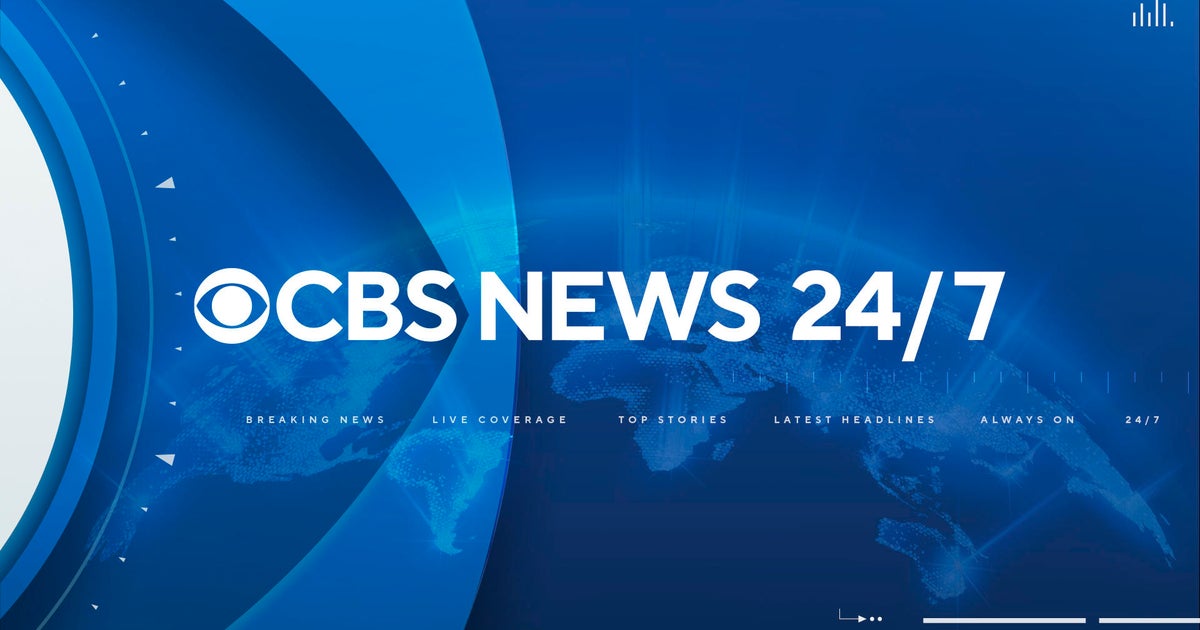Discover In-Depth News Analysis for Present Occasions
Discover In-Depth News Analysis for Present Occasions
Blog Article
Navigating the Information Landscape: Tips for Finding Credible Details
In an age where information is bountiful yet commonly unreliable, browsing the news landscape with discernment is paramount. Establishing the credibility of resources is the first step, as recognizing the qualifications of authors and the online reputation of their publications can substantially influence the high quality of information eaten.
Assessing Resource Credibility
Evaluating source reputation is vital for making certain the reliability of info in an age noted by information overload. As individuals browse various kinds of media, from digital articles to socials media, critical reputable resources becomes paramount. Key aspects to consider when assessing source reliability consist of the authority of the author, the publication's track record, and the evidence provided to sustain claims.
First, take a look at the author's credentials and know-how in the topic. Writers with appropriate scholastic or specialist histories are most likely to supply trusted insights. Next, consider the magazine's reputation; established media outlets commonly stick to journalistic standards and fact-checking methods, making them a lot more reliable.
Additionally, analyze the top quality and significance of the proof presented. Reputable sources typically cite peer-reviewed studies, expert meetings, or official statistics, which boosts their cases.
Cross-Checking Info
Cross-checking details is an important method for validating the accuracy of cases and preventing the pitfalls of misinformation. This process includes comparing information from numerous trusted resources to establish its legitimacy.
To efficiently cross-check details, it is necessary to use diverse resources, consisting of developed wire service, scholastic journals, and expert opinions. Each source might give an unique viewpoint or added context that enhances understanding. Pay focus to the magazine dates of the information being assessed, as updates or modifications might have been issued.
Additionally, think about the context in which information is provided. Look for corroborating proof, such as information, meetings, or firsthand accounts, that lend reputation to a claim. Beware of spectacular headings or mentally charged language, as these can suggest an attempt to manipulate assumption.
Acknowledging Predisposition and Viewpoint
Understanding bias and point of view is vital for navigating the complicated landscape of details. Every item of information is filteringed system with the lens of the author's experiences, beliefs, and affiliations, which can substantially shape the narrative presented. As customers of details, it is important to identify these predispositions, as they can bring about altered assumptions of truth.

It is also vital to recognize your very own biases. Personal ideas can influence how you translate information, making it important to come close to information with a vital way of thinking. Engaging with varied point of views can assist neutralize personal predispositions, permitting a much more rounded understanding of issues.
Inevitably, identifying predisposition and viewpoint in news reporting is not merely a scholastic exercise; it is an essential ability for informed citizenship in an autonomous society. By cultivating this awareness, people can make even more informed decisions you can try these out and add to a much more nuanced public discourse.
Understanding Fact-Checking Resources
Fact-checking sources play an essential function in critical the accuracy of details in an era noted by false information and sensationalism. These resources, that include independent organizations and online systems, are dedicated to verifying cases made by somebodies, media electrical outlets, and social media sites messages. They employ extensive methodologies to assess the validity of declarations, usually citing initial resources and giving context to help with understanding.
Some widely known fact-checking organizations, such as Snopes, FactCheck.org, and PolitiFact, concentrate on various subjects, from political unsupported claims to viral internet cases. Their work not only exposes false info however likewise stresses the significance of evidence-based discourse. By getting in touch with these sources, individuals can establish a more critical approach to the info they come across.
Furthermore, several fact-checking platforms supply user-friendly user interfaces that permit quick searches by topic or case, making it easier for individuals to find relevant details quickly. Involving with fact-checking sources promotes critical thinking and outfits individuals with the devices needed to navigate the complex information landscape properly, ultimately advertising a more educated public discussion.

Making Use Of Trusted Information Aggregators
In today's hectic information landscape, relied on news aggregators act as valuable tools for individuals looking for trustworthy news resources. These platforms assemble newspaper article from see page numerous trustworthy electrical outlets, providing customers with a combined sight of present events. By curating content from developed media organizations, collectors aid users prevent the risks of misinformation and sensationalism often prevalent in less trustworthy sources.
When using news collectors, it is essential to pick ones that focus on top quality over quantity. Search for systems that employ extensive content criteria, making certain that the information presented is precise and trustworthy. Popular aggregators like Google News, Feedly, and Flipboard allow users to customize their news feeds based on topics of interest, enabling a customized experience that can enhance expertise and understanding.
In addition, aggregators typically include attributes such as fact-checking combinations and customer rankings, even more assisting customers in critical reputable information - news. However, while information aggregators are valuable, individuals should stay vigilant and cross-reference information with main sources when essential. By leveraging trusted information collectors efficiently, individuals can navigate the intricate media landscape while remaining educated with reliable and varied perspectives
Conclusion
In final thought, browsing the news landscape demands a methodical technique to guarantee the consumption of qualified details. Evaluating source integrity, cross-checking realities, and identifying prejudices are important practices for informed discourse. Additionally, making use of fact-checking sources and relied on information collectors boosts the ability to discern accurate coverage from false information. By employing these strategies, individuals can contribute to an extra educated public discussion and foster crucial reasoning despite a significantly intricate media environment.
Report this page